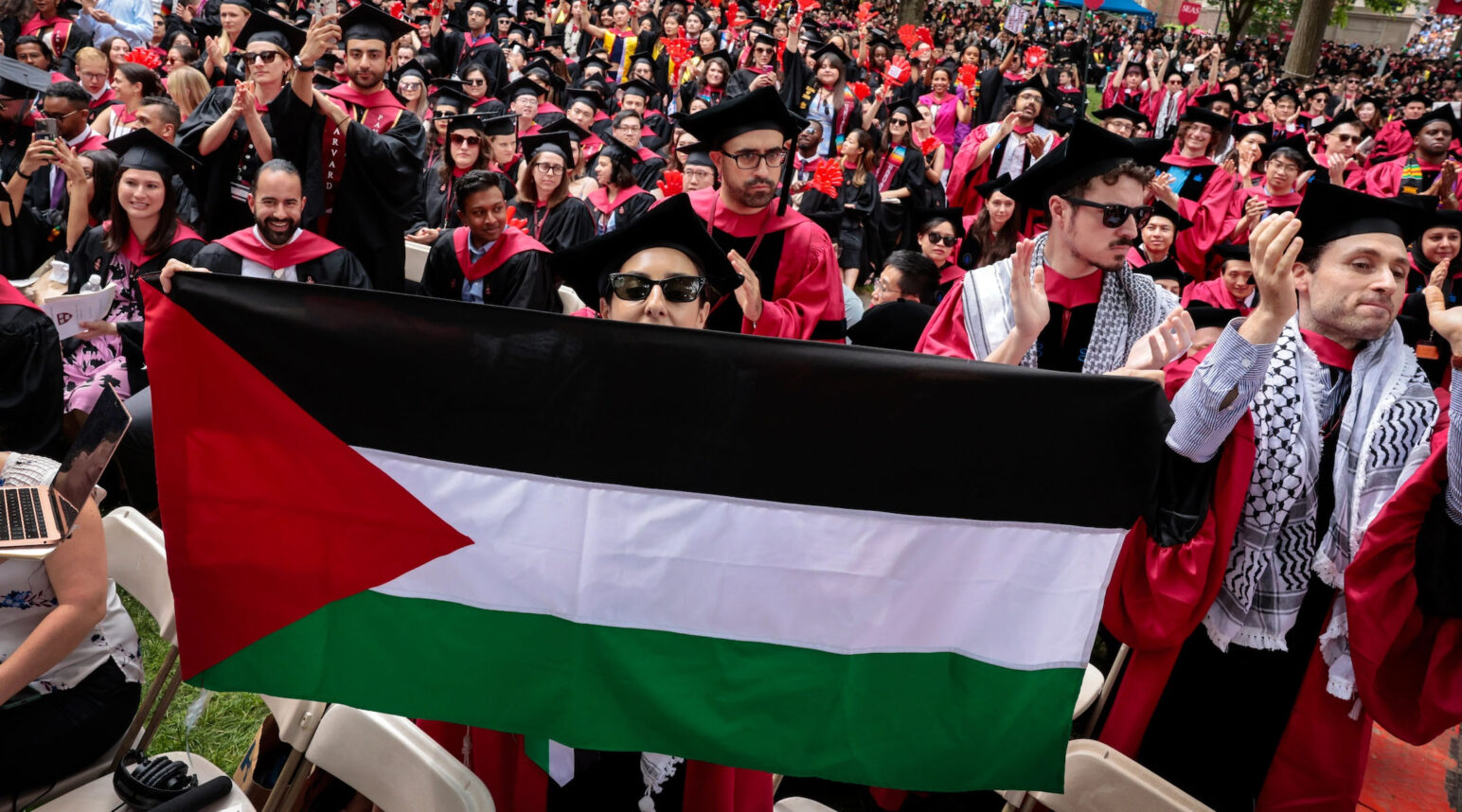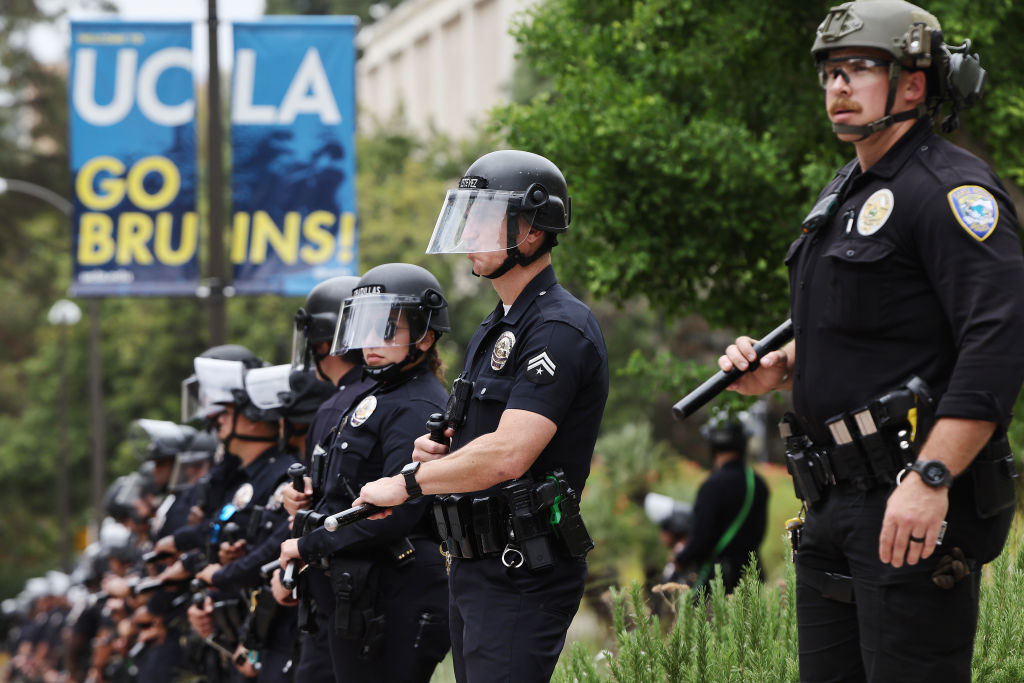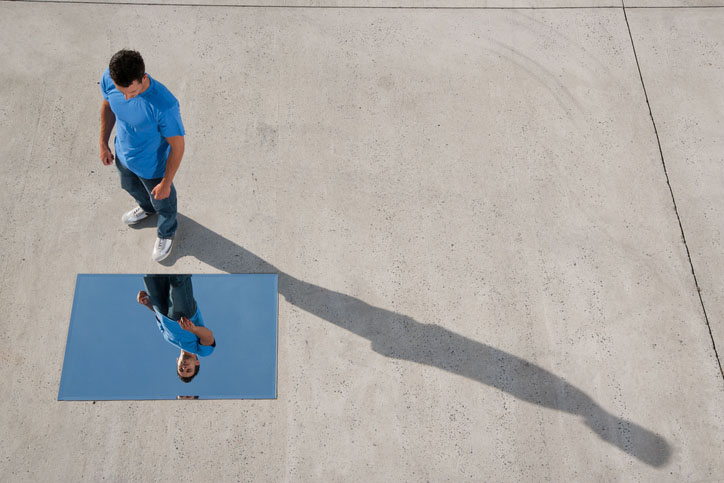Fresh winds are blowing through the Israeli cinema these days.
The change is apparent, particularly on the international scene — which never had much time for the typical parochial Israeli productions that couldn’t possibly interest anyone outside their own hometown.
In the course of the last year, Israeli films have made appearances and garnered awards at festivals around the world from Cannes to Tokyo, Berlin and Mar del Plata, Karlovy Vary and Tribeca, Venice and Toronto, Amsterdam and Pusan. The festivals helped the Israeli films find distribution channels they had never known — to wit, the American release of "Broken Wings," "James’ Journey to Jerusalem" and "Yossi and Jaeger," received distribution deals, with others, such as "Bonjour Monsieur Shlomi" and "Walk on Water" to follow soon.
What’s going on? Simple: a new generation of filmmakers have arrived on the scene. This is the generation that had television as their babysitter, their parents’ video cameras documenting every birthday and their own bar mitzvah footage to work on. By the time they went to an accredited film school — and there are plenty of those around — they already knew more about filmmaking than most of their lecturers, who had grown up only 10 to 15 years before, in awe of cumbersome film cameras, which they were hardly ever allowed to touch.
For this new generation of filmmakers, there is nothing particularly sacred in making movies; as far as they’re concerned, it’s a natural process. They aren’t committed to making a new major statement with each new picture. And they are far more concerned with their own personal experiences than they are with the future of the nation. Since they deal with subjects that are intimate and familiar to them, they are closer to their characters, and their stories are more immediate and therefore ring more authentically in the ears of the world. And with the backing of a recently installed Cinema Law — which offers basic support to kick-start their projects — they have plenty of chances to express themselves.
Some of the themes they tackle have been kicked around in Israel for a long time — ethnicity, for instance. But in their hands, it’s taken a new turn. Once upon a time, ethnic comedies were a sure recipe for the local box office, particularly when they sent up the conflict between flabby, overfed, self-contented European Jews who were playing the straight men, and the lean, mean, rough and resourceful Asian Jews, who provided the comedy, with an across-the-tracks Romeo-Juliet romance thrown in for a good measure.
Nowadays, filmmakers themselves are from varied ethnic communities: Russian, Sephardim and others make films, breaking the Ashkenaz monopoly.
Dover Kosashvili can afford to deal exclusively with his own Georgian community in "Gift From Heaven," just as he previously did in his enormously successful "Late Marriage." No need for a straight man to help with the laughs.
And the same goes for Shemi Zarhin’s coming-of-age drama, "Bonjour Monsieur Shlomi" or David Ofek’s multilayered portrait of the Iraqi emigration, "The Barbecue People."
Thankfully, other once-popular film genres have been exported to commercial television, which is eager to pick up shows about teenage romps and candid-camera idiocies and air them alongside soap operas, on which quite a few new film directors cut their teeth. That is, before they went to cinema, for some pretty painful probes into generational conflicts and dysfunctional families, like Nir Bergman’s earnest and moving "Broken Wings" or Savi Gavison’s black satire, "Nina’s Tragedies."
But don’t expect that this new wave has disappeared, turning its back on the main issues Israel is facing right now and comfortably retreating into its own intimate problems. True, the spiraling escalation of terror has left very little room for fiction or imagination to embroider on, and when sometimes the political situation serves as a backdrop, it is mostly in films made by the older generation, like Amos Gitai’s "Alila," in which a young man called up by the army refuses to go.
Yet, where fiction has primarily avoided the thorny political situation, documentary cinema takes it up with a vengeance. And there is plenty of it around. Documentaries are easier and less expensive to access than fiction, and the modern techniques offer the option to react immediately to everything that happens. As television channels eagerly lap them up, Israeli documentaries have established a solid reputation around the world for their unflinching determination to look reality in the face: From the grim routines of road blocks in Yoav Shamir’s "Checkpoint" (best film at the prestigious Amsterdam Documentary Festival), to Ofek and Yossi Maimon’s investigative "No. 17 Is Anonymous" (recently shown at the New Directors series at New York’s MoMA) –which display the spectrum of the population affected by a suicide bomber, while trying to identify one dead body no one claims — to "Sewing for Living" by July Schles and Doron Zabari, which deals with unemployment and the economy crisis that no amount of official government statements can dissimulate. Not very pretty pictures and not the kind cherished by the official state channels.
To show that Israeli cinema hasn’t lost its bite, as it has been accused of in some quarters, it might have switched fronts and changed tactics, but it is still as angry and belligerent as it ever was.





















 More news and opinions than at a Shabbat dinner, right in your inbox.
More news and opinions than at a Shabbat dinner, right in your inbox.